job hunting
With jobs getting harder to find, it’s important that more people have the chance to be hired.
Women in Japan are often required to wear heels for job hunting and office work, but the #KuToo movement wants to squash that part of the dress code.
Hair care brand shines a light on outdated practice that forces women to sport the “job-hunting hairstyle” in order to gain employment.
Getting turned down for a job hurts, but one company wants to do what it can to help job-hunters bounce back from a rejection.
When a company ensures that everyone deserves a second chance, it’s a company worth working for.
If an interplanetary warlord can’t land a job in this economy what hopes do the rest of us have?
Traditionally, Japanese resumes are handwritten on a special form. Recently, however, typed resumes are becoming more common – and one recruiter is not happy about this. Writing anonymously on Japanese website Hatelabo, the blogger, who works for a chain restaurant in Japan and is involved in recruitment, sets out his reasons for why an applicant who submits a typewritten resume should be the first to find their application on the “no” pile.
“You young people, don’t you have any common sense?” he asks of applicants with the typed resumes. “Are you crazy? In my day, this would have been unimaginable!” Let’s take a look at the pros and cons of the handwritten CV.
As any young Japanese college graduate can attest, Japan’s hellish job hunting process can be one of the most stressful and demotivating periods of a person’s life. Numerous rejections, along with that feeling of isolation after seeing those around you get job offers, is enough to make anyone severely depressed.
So what does that have to do with a gas company, you ask? A commercial by Tokyo Gas Co., Ltd. which features a girl in the midst of the job hunting process has been stirring up controversy and was even taken off the air. Why? Apparently, its portrayal of the painful job hunting process was so accurate that it left people feeling a little too miserable after seeing it.
As far as things not to say in an interview go, you’d think it’d be pretty high up on the list. But the young Japanese university student, rejected by all the other companies he’d applied to, was prepared to take the risk. “This company is the only option I have left,” he pleaded with the interviewer. “I’ll do anything!” An unusual strategy, certainly. But he got the job.
Japanese site Niconico News reports that the man is now entering his ninth year of employment with the company, so it seems the gamble paid off. But is the company’s positive reaction so unusual? Some Japanese employability experts are arguing that, for many companies, the ideal graduate recruit is a “hakushi” – a blank page that the company can do what they want with. When companies train new recruits extensively, an across-the-board willingness to learn is valued more than previous experience.
During Japan university students’ final year, many go through a long, physically and mentally draining process of finding a job before they graduate; a process known as “shuukatsu.” Students don matching black suits and attend job fairs, company briefing sessions and employment seminars en masse in the hopes of obtaining a job offer, or “naitei.” Young people often complain about the soul-sucking system and how difficult it can be to land a job offer without completely abandoning your personality along the way.
Recently, an animated short film has been making waves among Japanese netizens for the horror movie-like way it portrays the difficult and often depressing job hunting process in Japan.
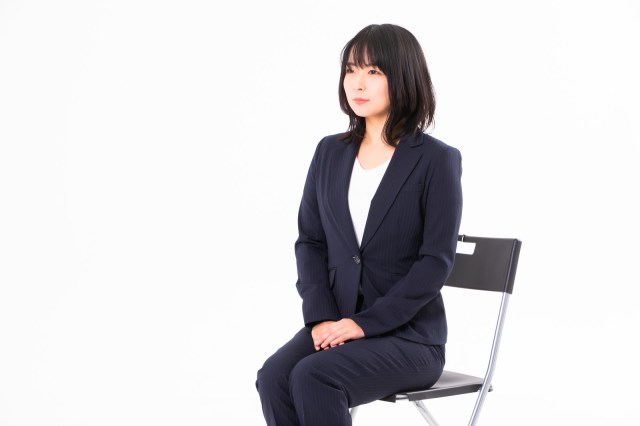

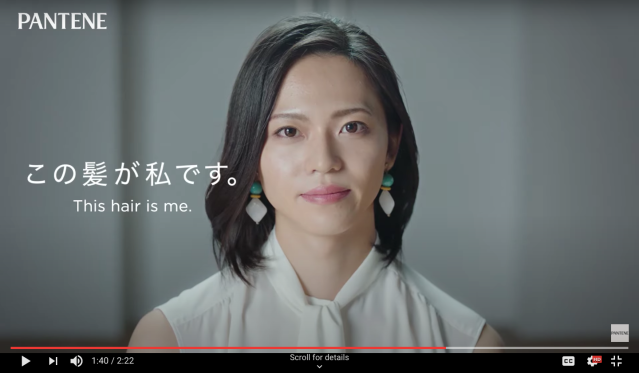
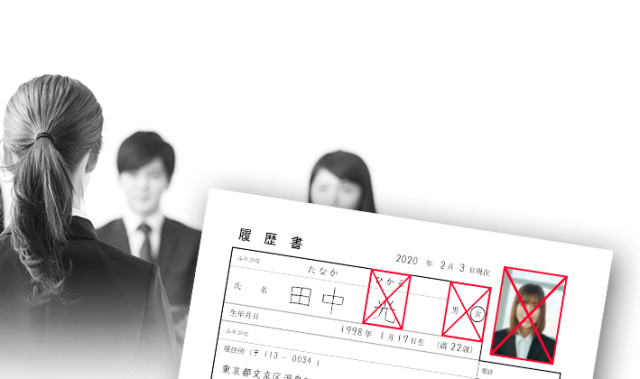
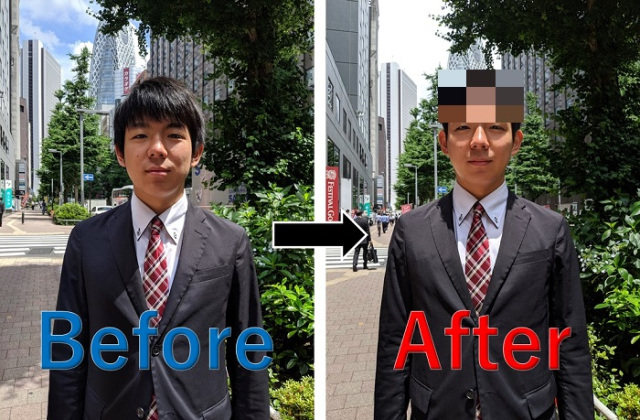
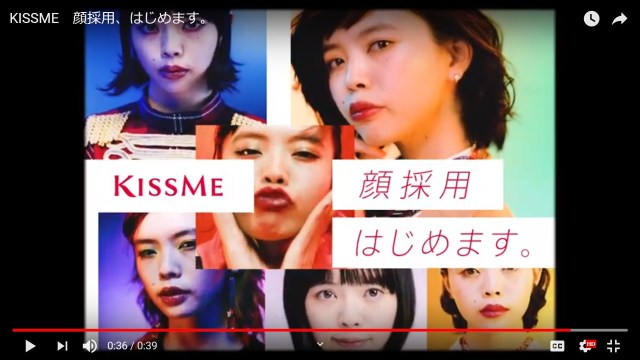
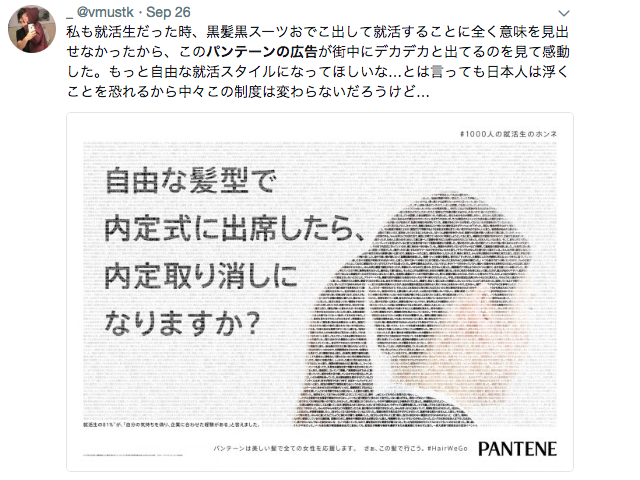
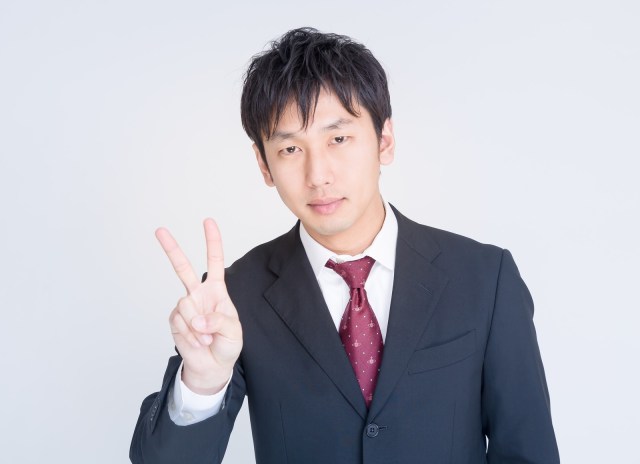
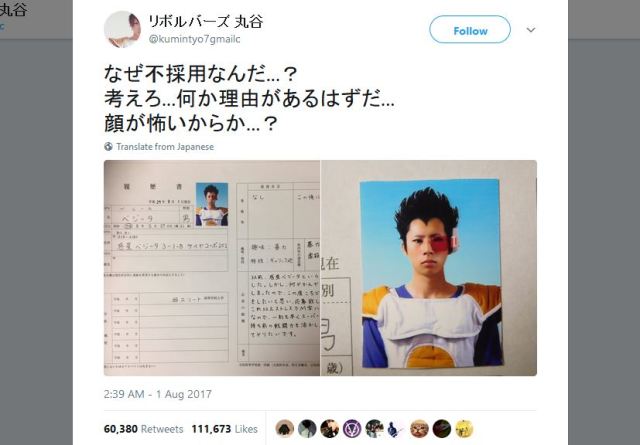


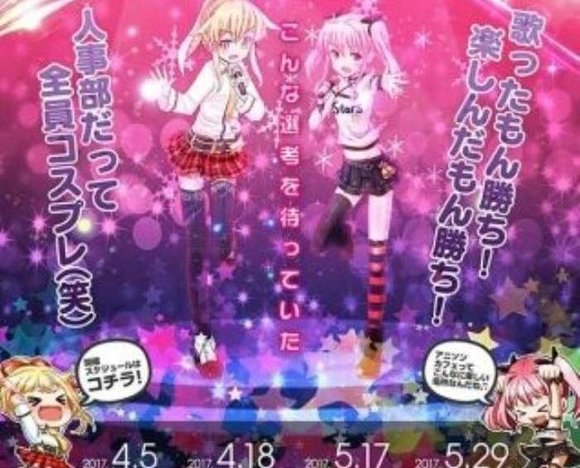
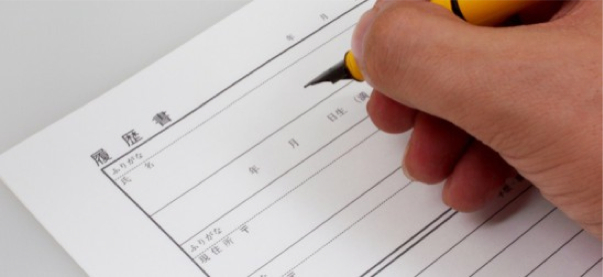
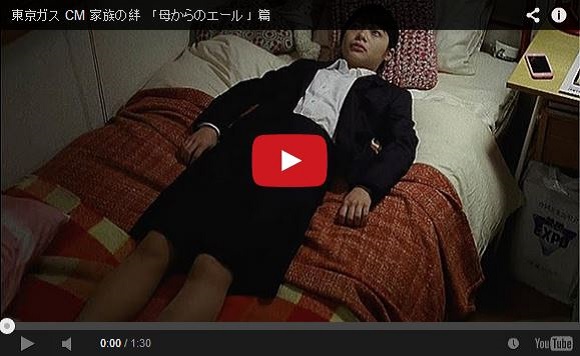

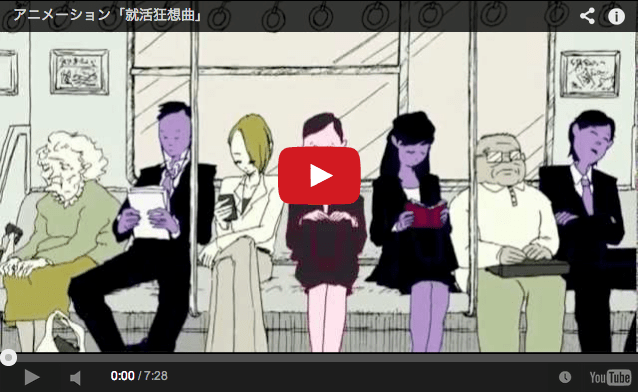
 Foreigner’s request for help in Tokyo makes us sad for the state of society
Foreigner’s request for help in Tokyo makes us sad for the state of society Japanese city loses residents’ personal data, which was on paper being transported on a windy day
Japanese city loses residents’ personal data, which was on paper being transported on a windy day Seaside scenery, history, and so many desserts on Yokohama’s Akai Kutsu【Japan Loop Buses】
Seaside scenery, history, and so many desserts on Yokohama’s Akai Kutsu【Japan Loop Buses】 Should you add tartar sauce to Japanese curry rice? CoCo Ichi makes diners an unusual offer
Should you add tartar sauce to Japanese curry rice? CoCo Ichi makes diners an unusual offer Red light district sushi restaurant in Tokyo shows us just how wrong we were about it
Red light district sushi restaurant in Tokyo shows us just how wrong we were about it Mt. Koya planning to instate visitor’s tax to cope with huge tourist numbers
Mt. Koya planning to instate visitor’s tax to cope with huge tourist numbers McDonald’s new Happy Meals offer up cute and practical Sanrio lifestyle goods
McDonald’s new Happy Meals offer up cute and practical Sanrio lifestyle goods Historical figures get manga makeovers from artists of Spy x Family, My Hero Academia and more
Historical figures get manga makeovers from artists of Spy x Family, My Hero Academia and more New sleep cafe opens in Japan, offers free coffee and luxurious naps to visitors
New sleep cafe opens in Japan, offers free coffee and luxurious naps to visitors Why are the Los Angeles Dodgers wearing the caps from Nagoya’s professional baseball team?
Why are the Los Angeles Dodgers wearing the caps from Nagoya’s professional baseball team? Japanese ramen restaurants under pressure from new yen banknotes
Japanese ramen restaurants under pressure from new yen banknotes French Fries Bread in Tokyo’s Shibuya becomes a hit on social media
French Fries Bread in Tokyo’s Shibuya becomes a hit on social media Studio Ghibli releases new action figures featuring Nausicaä of the Valley of the Wind characters
Studio Ghibli releases new action figures featuring Nausicaä of the Valley of the Wind characters New private rooms on Tokaido Shinkansen change the way we travel from Tokyo to Kyoto
New private rooms on Tokaido Shinkansen change the way we travel from Tokyo to Kyoto Tokyo Tsukiji fish market site to be redeveloped with 50,000-seat stadium, hotel, shopping center
Tokyo Tsukiji fish market site to be redeveloped with 50,000-seat stadium, hotel, shopping center All-you-can-drink Starbucks and amazing views part of Tokyo’s new 170 meter-high sky lounge
All-you-can-drink Starbucks and amazing views part of Tokyo’s new 170 meter-high sky lounge Beautiful Ghibli sealing wax kits let you create accessories and elegant letter decorations【Pics】
Beautiful Ghibli sealing wax kits let you create accessories and elegant letter decorations【Pics】 Studio Ghibli releases Kiki’s Delivery Service chocolate cake pouches in Japan
Studio Ghibli releases Kiki’s Delivery Service chocolate cake pouches in Japan New definition of “Japanese whiskey” goes into effect to prevent fakes from fooling overseas buyers
New definition of “Japanese whiskey” goes into effect to prevent fakes from fooling overseas buyers Our Japanese reporter visits Costco in the U.S., finds super American and very Japanese things
Our Japanese reporter visits Costco in the U.S., finds super American and very Japanese things Studio Ghibli unveils Mother’s Day gift set that captures the love in My Neighbour Totoro
Studio Ghibli unveils Mother’s Day gift set that captures the love in My Neighbour Totoro More foreign tourists than ever before in history visited Japan last month
More foreign tourists than ever before in history visited Japan last month New Pokémon cakes let you eat your way through Pikachu and all the Eevee evolutions
New Pokémon cakes let you eat your way through Pikachu and all the Eevee evolutions Sales of Japan’s most convenient train ticket/shopping payment cards suspended indefinitely
Sales of Japan’s most convenient train ticket/shopping payment cards suspended indefinitely Sold-out Studio Ghibli desktop humidifiers are back so Totoro can help you through the dry season
Sold-out Studio Ghibli desktop humidifiers are back so Totoro can help you through the dry season Japanese government to make first change to romanization spelling rules since the 1950s
Japanese government to make first change to romanization spelling rules since the 1950s Ghibli founders Toshio Suzuki and Hayao Miyazaki contribute to Japanese whisky Totoro label design
Ghibli founders Toshio Suzuki and Hayao Miyazaki contribute to Japanese whisky Totoro label design Doraemon found buried at sea as scene from 1993 anime becomes real life【Photos】
Doraemon found buried at sea as scene from 1993 anime becomes real life【Photos】 Tokyo’s most famous Starbucks is closed
Tokyo’s most famous Starbucks is closed One Piece characters’ nationalities revealed, but fans have mixed opinions
One Piece characters’ nationalities revealed, but fans have mixed opinions We asked a Uniqlo employee what four things we should buy and their suggestions didn’t disappoint
We asked a Uniqlo employee what four things we should buy and their suggestions didn’t disappoint Princesses, fruits, and blacksmiths: Study reveals the 30 most unusual family names in Japan
Princesses, fruits, and blacksmiths: Study reveals the 30 most unusual family names in Japan Mt. Koya planning to instate visitor’s tax to cope with huge tourist numbers
Mt. Koya planning to instate visitor’s tax to cope with huge tourist numbers McDonald’s new Happy Meals offer up cute and practical Sanrio lifestyle goods
McDonald’s new Happy Meals offer up cute and practical Sanrio lifestyle goods Historical figures get manga makeovers from artists of Spy x Family, My Hero Academia and more
Historical figures get manga makeovers from artists of Spy x Family, My Hero Academia and more New sleep cafe opens in Japan, offers free coffee and luxurious naps to visitors
New sleep cafe opens in Japan, offers free coffee and luxurious naps to visitors Why are the Los Angeles Dodgers wearing the caps from Nagoya’s professional baseball team?
Why are the Los Angeles Dodgers wearing the caps from Nagoya’s professional baseball team? Burger King Japan guarantees new chicken sandwich is bigger than your phone with weird promotion
Burger King Japan guarantees new chicken sandwich is bigger than your phone with weird promotion Where are all the beautiful women in Japan? Survey investigates
Where are all the beautiful women in Japan? Survey investigates Akihabara pop-up shop sells goods made by Japanese prison inmates
Akihabara pop-up shop sells goods made by Japanese prison inmates Fried sandwiches arrive in Tokyo, become hot topic on social media
Fried sandwiches arrive in Tokyo, become hot topic on social media Japan’s massive matcha parfait weighs 6 kilos, contains hidden surprises for anyone who eats it
Japan’s massive matcha parfait weighs 6 kilos, contains hidden surprises for anyone who eats it Osaka’s creepy cute mascot speaks for first time, adds more fuel the creepy OR cute debate【Video】
Osaka’s creepy cute mascot speaks for first time, adds more fuel the creepy OR cute debate【Video】 Haku is…Chihiro’s dead brother? Studio Ghibli fans blown away by Spirited Away theory
Haku is…Chihiro’s dead brother? Studio Ghibli fans blown away by Spirited Away theory